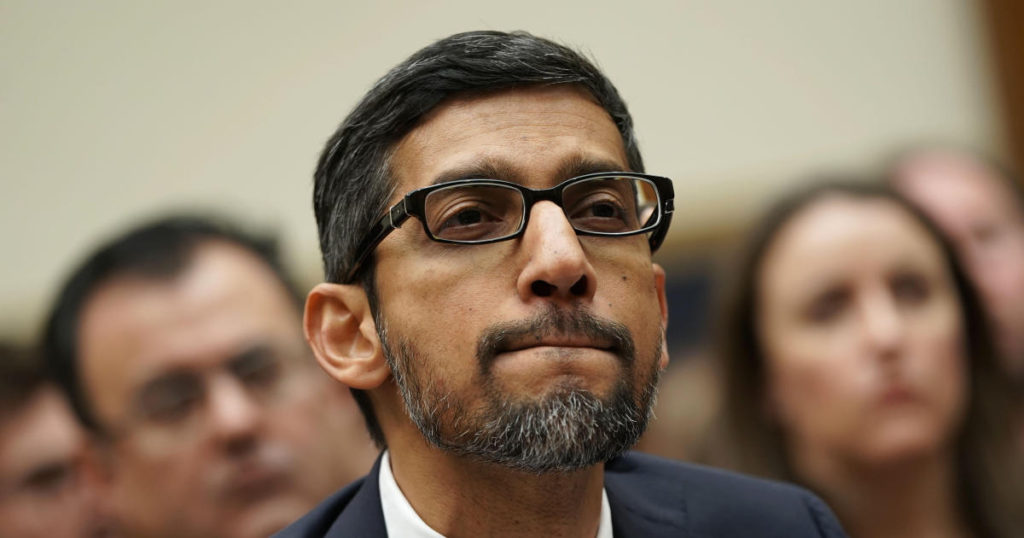|
Getting your Trinity Audio player ready...
|
In a move that’s both a milestone for privacy advocates and a significant step for tech accountability, Google has agreed to delete billions of data records as part of a settlement for a lawsuit. The lawsuit, which was initially filed in 2020, accused the tech giant of improperly tracking the web-browsing habits of users who believed they were browsing the internet privately.
Misleading Representation in “Incognito Mode”
The core of the lawsuit focused on Google’s alleged misrepresentation of the data it collects from users who use the “Incognito” private browsing mode in Chrome. Users expected their browsing activity to be shielded from tracking, but the lawsuit claimed Google was still collecting this data.
In Incognito, none of your browsing history, cookies and site data, or information entered in forms are saved on your device. This means your activity doesn’t show up in your Chrome browser history.
Incognito Mode According to Google
Terms of the Settlement
While Google agreed to settle the suit late last year, the terms were revealed in a recent court filing. As part of the settlement, Google is mandated to delete “billions of data records” related to the private browsing activities of users involved in the class action suit. This massive data removal is a significant step towards preserving user privacy.
Updated Disclosures and User Control
Google has also committed to updating its disclosure practices, ensuring users are fully informed about the data collected when they initiate a private browsing session. Additionally, for the next five years, users in private browsing mode will have the option to block third-party cookies. This move gives users more control over their online privacy.
picsmart/Alamy Stock Photo
Attorney and Google Responses
David Boies, the attorney representing the consumer plaintiffs, described the settlement as “a historic step in requiring honesty and accountability from dominant technology companies.” Boies highlighted the extensive data deletion and remediation required by Google, emphasizing its unprecedented scale.
On the other side, José Castañeda, a Google spokesperson, expressed the company’s satisfaction with the settlement. Castañeda clarified that Google does not associate data with users when they use Incognito mode. He emphasized Google’s commitment to deleting old technical data that was never linked to individuals or used for personalization.
No Damages in Settlement
Interestingly, the terms of the settlement do not include damages for users. While users will not receive damages as part of this settlement, they retain the option to individually sue for damages. This aspect of the settlement suggests a focus on data protection and accountability rather than financial compensation for affected users.
In conclusion, this settlement represents a significant move towards user privacy and transparency in the tech industry. With billions of data records set to be deleted and enhanced disclosures and user controls, Google’s settlement addresses key concerns about user data protection.
